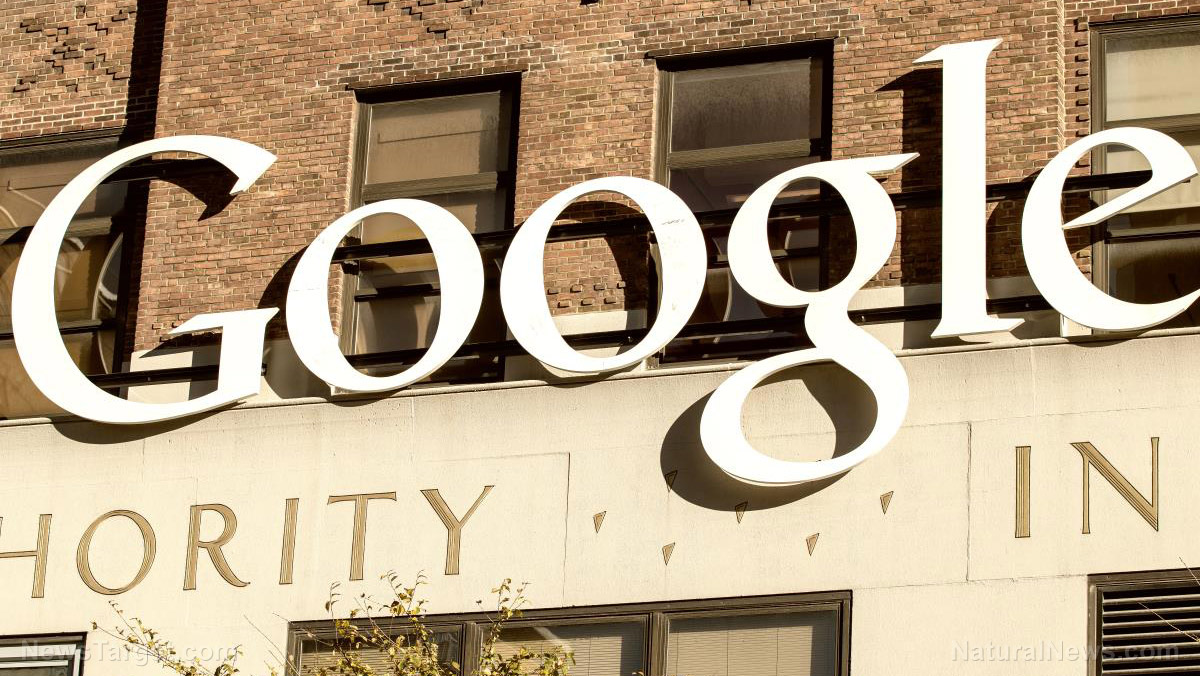- The U.S. government is pushing to force Google to divest key ad tech platforms like AdX and DoubleClick for Publishers (DFP), alleging 15 years of anticompetitive practices that inflated ad costs, hurt publishers, and stifled rivals.
- Google is accused of controlling both sides of the ad market (buyers and sellers), using acquisitions, exclusive contracts (e.g., paying Apple to keep Google Search as default), and bundling services to eliminate competition. A 2023 court ruling found these practices violated antitrust laws.
- The company argues its ad tech is too integrated to split easily, proposing behavioral fixes (e.g., opening bidding systems to rivals) instead. It dismissed the DOJ’s breakup demand as «unnecessary» and warned of disruption for publishers.
- The case mirrors past battles like the Microsoft and AT&T breakups. If successful, it could lead to the first major tech divestiture in decades, with potential spillover effects on Google’s other services (e.g., Android, Chrome).
- The outcome could reshape digital advertising — lowering costs, aiding publishers, or destabilizing businesses reliant on Google. It also tests how regulators can rein in tech giants without hindering innovation.
In a bid to dismantle what they call a «digital advertising monopoly,» federal authorities are pushing to force Google to divest key parts of its advertising technology (ad tech) empire. The U.S. Department of Justice (DOJ) filed a motion last month seeking a court order requiring Google to spin off its Ad Exchange (AdX) and DoubleClick for Publishers (DFP) platforms, accusing the tech giant of stifling competition and inflating ad costs over 15 years. The legal showdown, part of a broader antitrust campaign targeting Big Tech, centers on whether breaking up Google’s ad tech infrastructure is necessary to restore fair competition.
The DOJ’s case: A 15-year monopoly in digital advertising
The lawsuit, initially filed in 2020 and reignited after a court ruling in April, alleges that Google used anticompetitive tactics to control both the buy and sell sides of the digital ad market. AdX, a essential marketplace for advertisers and publishers, and DFP, a platform enabling websites to manage ad inventory, are at the heart of the government’s claims.
“Google’s conduct had the effect of diminishing competition, inflating advertising costs and reducing revenues for news publishers,” said Assistant Attorney General Jonathan Kanter in April, referencing the court’s findings that Google illegally entangled its ad tools to cement market control. The DOJ’s complaint highlights how Google leveraged its dominance in search and Android to expand into ad tech — a strategy that eliminated rivals and harmed creators, advertisers and the flow of public information.
The April ruling by U.S. District Judge Leonie Brinkema agreed with many of these claims, finding Google’s practices violated the Sherman Antitrust Act. The court also noted Google’s use of exclusive contracts to block competitors, such as paying Apple $20 billion annually to maintain Google Search as the default browser engine.
Google’s defense: “Breaking us up isn’t simple”
Google has countered the DOJ’s demands, arguing that its ad tech systems are too deeply embedded in its infrastructure to be easily divested. In a May filing, the company stated: “Divesting AdX or DFP isn’t as simple as selling source code—these tools operate within a proprietary environment that can’t be easily replicated.”
Instead of structural remedies, Google proposed behavioral changes, such as letting competitors access AdX’s real-time bidding systems to compete fairly. Lee-Anne Mulholland, Google’s vice president for regulatory affairs, called the DOJ’s breakup request “unnecessary and without legal foundation,” claiming it would disrupt publishers reliant on Google’s tools.
The company also offered to accept an external trustee to monitor adherence to proposed fixes for up to three years. However, the DOJ dismissed these measures as insufficient, arguing that only a structural fix could address the root of Google’s dominance.
A rare move recalling the Microsoft era
The DOJ’s push to break up Google echoes the Microsoft antitrust case of the 2000s, when the government sought to force the software giant to share technology with rivals. Like Microsoft’s dominance in operating systems, Google’s control over ad tech and search today is seen as a threat to innovation and competition.
The potential breakup would mark the first major dismantling of a tech company since phone giant AT&T was split in 1984. Current deliberations, led by Judge Amit Mehta (who recently ruled against Google in a separate search monopolization case), include exploring the divestiture of Android, Chrome, or AdWords, alongside ad tech.
The case has drawn comparisons to Europe’s digital regulations, which now require Google to share search data with rivals — a measure the U.S. might also adopt. Critics, however, warn that Google’s sprawling services and dominance in AI further complicate any breakup.
The high stakes of a tech giant’s unraveling
The outcome of this case could reshape the digital economy. For publishers, a breakup might reignite publisher-dependent ad platforms, but critics warn it could disrupt businesses reliant on Google’s tools. For consumers, lower ad costs and more innovation are the DOJ’s promises; for Google, the fight is about survival and the unchecked growth of its $290 billion-a-year ad business.
As tech policymakers navigate unprecedented legal territory, the case underscores a broader tension: how to regulate colossal tech companies without stifling the innovation they drive. Whatever the court decides, Google’s ad empire faces its most dire threat yet — one that could redefine the rules of competition in the digital age.
Sources for this article include:
